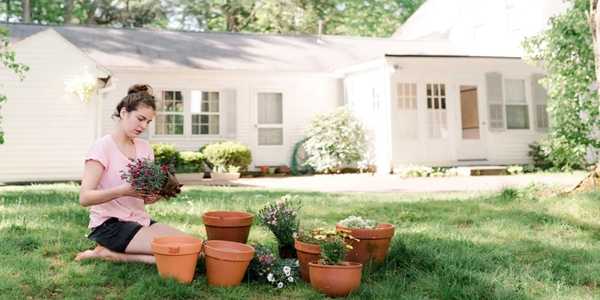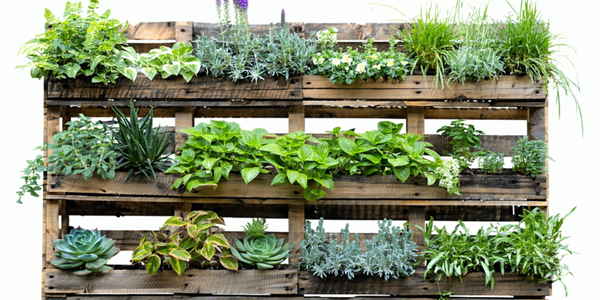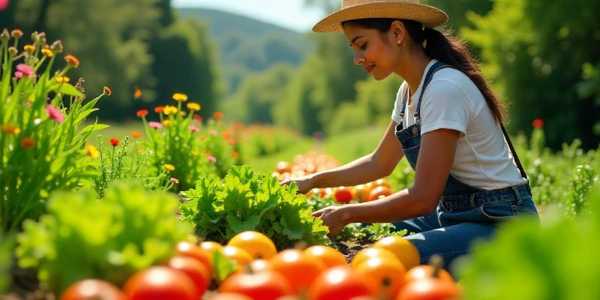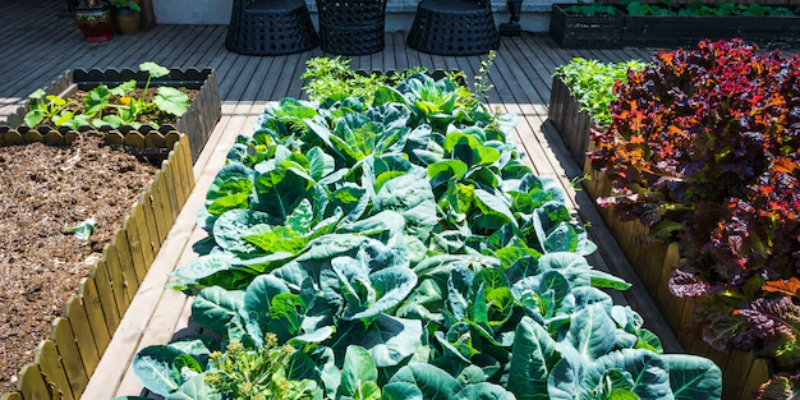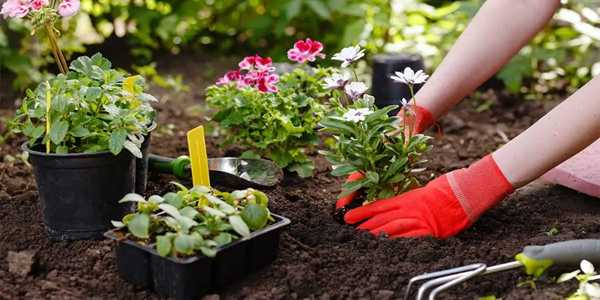How To Start An Organic Vegetable Garden For Beginners
Has the idea of growing your food ever raced through your mind? And you're like, "Nah, that's impossible, or my compound is too small to produce anything." Imagine that instead of walking to the market to buy foodstuff, you pick your basket and go to your backyard to fetch some fresh tomatoes, lettuce, or spicy dishes. Isn't that amazing? All thanks to Organic vegetable farming. The good thing is that all these vegetables are homegrown; therefore, you control their input and keep them free from chemicals. Starting an organic farm is relatively easy; anyone can start one, but are you willing? Here, you will learn how to start an organic garden and get your house supplied with organic vegetables all year.
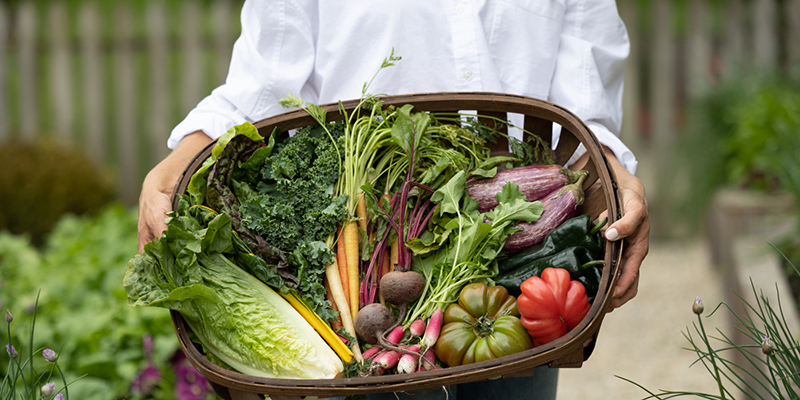
What Is Organic Farming, And Why Should You Even Have One?
Organic farming is more than just another kind of planting activity happening everywhere. This type of planting is passion-driven to nurture the environment and conserve soil while using eco-friendly practices to plant healthy vegetables free from modern chemicals. Organic gardening is all about sustainability and affordability. With an organic garden, you can enjoy more nutritious, tastier food; remember that your kitchen will be well utilized. For a sustainable organic vegetable garden, start here;
Choose The Best Location For Your Garden
Find a Spot Where The Sun Will Reach
The sun is a significant ingredient in plant growth and production. You want to spot a place within your compound with sunlight for at least six to eight hours during the day. If that is impossible, you must opt for plants such as lettuce and spinach, which do not require much sunlight.
Look For a High Ground
With organic farming, you want to avoid areas of your compound that are poorly drained, as water-logged soil will rot the plant roots. Consider using raised beds or even containers to improve drainage.
What Should You Plant In Your Established Garden?
Deciding what to plant in your newly established garden, especially as a starter, can take a lot of work, leading to giving up even before getting your first harvest. Well, that's why we are here. Always start small to keep things manageable, and then you can scale up as you get comfortable with home gardening. Not all plants do well everywhere, so look at the area's climate and the most preferred vegetable you enjoy eating in your house. These can give you a more significant hint of what to plant in your vegetable garden. For beginners, we have some recommendations, which include;
Tomatoes are the most common backdoor vegetable and do very well in many climates with a lot of sunlight.
Lettuce – if you need a fast-growing plant, this is for you; it does not require much sunlight. Therefore, even your balcony can be a vegetable garden.
Carrots are easy to plant and do not need much care to mature. They are also highly nutritious.
Radishes – like lettuce, are fast-growing vegetables and ideal for beginners.
How To Prepare Your Soil?
Organic farming advocates for healthy foods from nutrient-rich soil free of chemicals. How do you prepare this healthy soil without using chemicals?
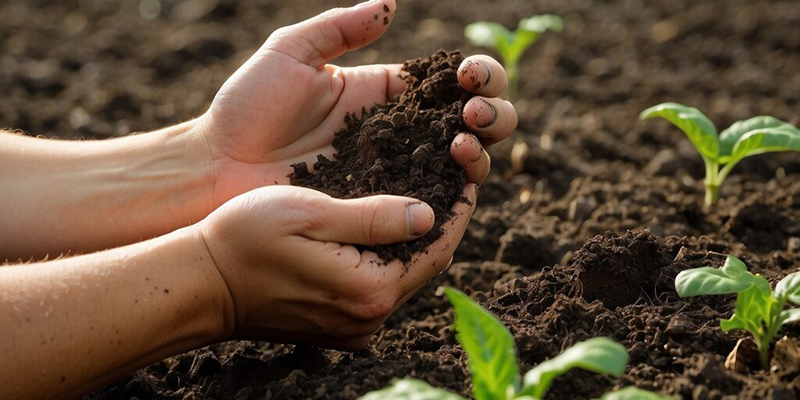
Soil Testing
First things first, before planting or adding organic manure, test the pH and nutrients of your soil. With the tests in place, you can plan on the additional nutrients needed for healthy plant growth. The soil pH value for organic farming should range between 6.0 and 7.5. You can conduct the test yourself by purchasing the test kits online or in a physical store near you.
Adding Organic Matter
Here is where your kitchen refuse comes in: keep your kitchen refuse in a compost heap, and once they have broken down, spread it on your garden to boost soil fertility.
Planting Your Garden
After land preparation, you have your seed ready. It is time to materialize the vegetable garden now.
Planting
There are different ways to approach the planting sector. First, you can use pure seed or decide to go the selling way. Though using seeds is cost-effective, it takes a long time for your plants to reach maturity. If you want to start immediately, you can purchase and plant the seedling instead. While growing, remember to look at the specifications, such as the distance between two crops, for proper plant growth and maximum production.
Watering
Every plant needs water to survive. Remember to water your newly planted seeds/seedlings regularly, but do not overdo it. You can routinely water your plants twice daily, in the morning and the evening. You can even mulch your plants to retain moisture, reducing the need to water them constantly.
Embrace The Joy Of Organic Guarding From Today
Organic vegetable farms have benefits such as fresh and tastier meals that promote sustainable and healthy lifestyles. With this blueprint, your journey to a deeper connection with nature is set to begin. So grab those seeds, wear your boots, roll those sleeves, and prepare for this incredible organic vegetable production journey.

